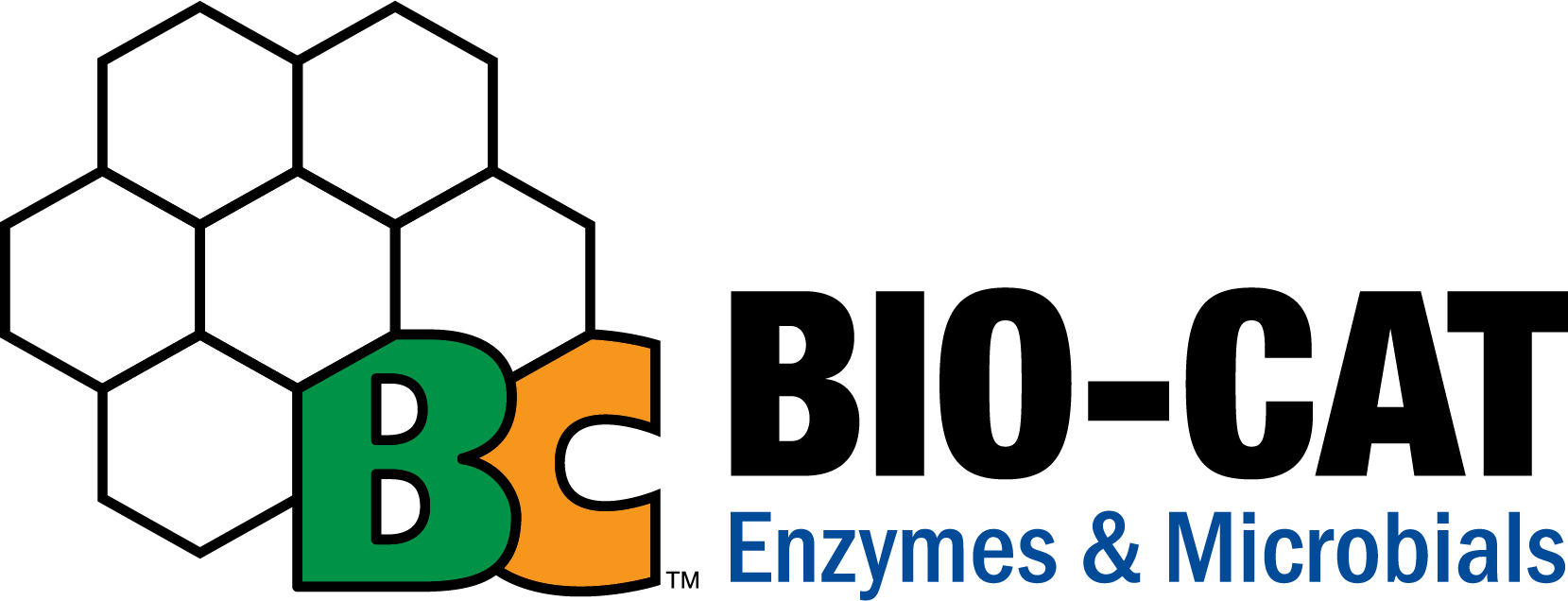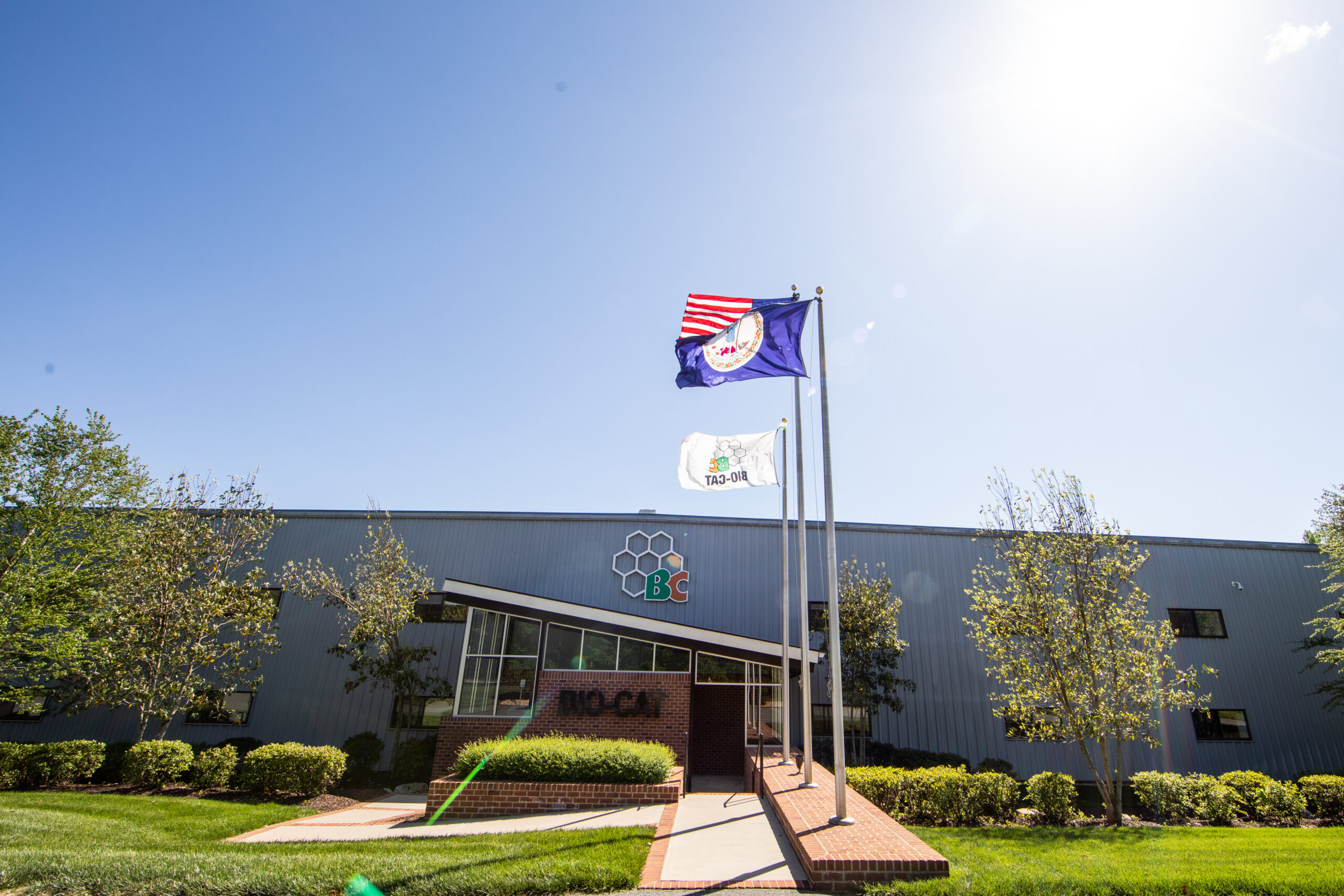LOUISA, Va. — BIO-CAT, Inc. — a biotechnology company located in Troy, VA that specializes in enzymes and other advanced microbial solutions — has announced a planned 30,000 square-foot expansion to its Louisa County fermentation facilities.
The expansion — which currently has a projected start date of 2022 — will allow BIO-CAT to further grow its high-tech microbial fermentation production by adding an additional 30,000 square feet to its facilities and several new jobs to the area. And with a modular design, it will also allow the company to further grow its facilities through an additional 30,000 square foot expansion during a projected second phase.
“Louisa County has partnered with BIO-CAT from the very beginning — they understand not only the economic value that BIO-CAT brings to the county, but the overall benefit this expansion can bring to the local community,” said Stephen Schuler, the company’s AVP of Operations. “The county leadership and the entire team we have worked with have been fantastic and truly easy to do business with. As a result, we are able to continue our investment in Louisa with a substantial capital investment, which will follow with increased employment expansion and countless other economic benefits.”
“On behalf of the Louisa County Board of Supervisors, I want to congratulate BIO-CAT and their leadership team on the fantastic news of the BIO-CAT Microbials expansion in Louisa County, said Bob Babyok, Chairman of the Louisa County Board of Supervisors. “BIO-CAT is a leader in the biotech industry and has recognized for a long time that Louisa is a great place to do business. It is very rewarding to witness a Louisa business and industry leader grow and thrive locally to meet the demands of their global customers.”
Similar to brewing and distilling fermentation processes, microbial fermentation can be costly — requiring substantial customization of both the building design and the equipment. Custom fermentation tanks, stainless steel piping, centrifuges, spray dryers, storage tanks and other unique equipment will be installed at the site — all of which require FDA oversight and regular inspections.
“Whether developing beneficial bacteria like probiotics for the human digestive system and production animal feed or developing the right strains to amend the soil microbiome for agriculture, we are developing amazing proprietary solutions for the future,” BIO-CAT CEO and Co-Founder Chris Schuler said. “It’s tremendously exciting and we could not be more pleased to be doing it right here in Louisa County.”
“The expansion of BIO-CAT Microbials in Louisa is a significant win for the County,” said Fitzgerald Barnes, Louisa County Board of Supervisors, Patrick Henry District. “BIO-CAT’s financial commitment in this expansion and creation of new job opportunities for our citizens is critical to local economic growth and success. BIO-CAT has been a cornerstone business in our community for 33 years, and we look forward to the company’s continued success in Louisa.”
BIO-CAT recently celebrated 33 years of industry leadership, during the same year that the company lost its CEO and co-founder, Ed Schuler, at the age of 89. Ed, his son Chris Schuler, and partner Brian Huffman, founded BIO-CAT in 1988.
As the self-proclaimed “enzyme experts,” BIO-CAT has systematically doubled its business every five years, and now commands leadership positions in the three main life science areas that it competes in: human nutrition, animal nutrition, and crop science.
And as the company’s revenue has grown, so has its presence in Louisa County. What started as a 12,000 square foot building has since expanded to over 90,000 square feet to date.
In 2005, Chris Schuler decided to expand the business portfolio from a pure focus on enzymes, to producing and fermenting probiotics, via an acquisition of a biotech company in Minnesota; BIO-CAT Microbials, LLC.
After 15 years of success in Minnesota, BIO-CAT now has plans to expand that business through the aforementioned 30,000 square feet expansion of high tech microbial fermentation production in Troy. The project currently has a projected start date of 2022.


